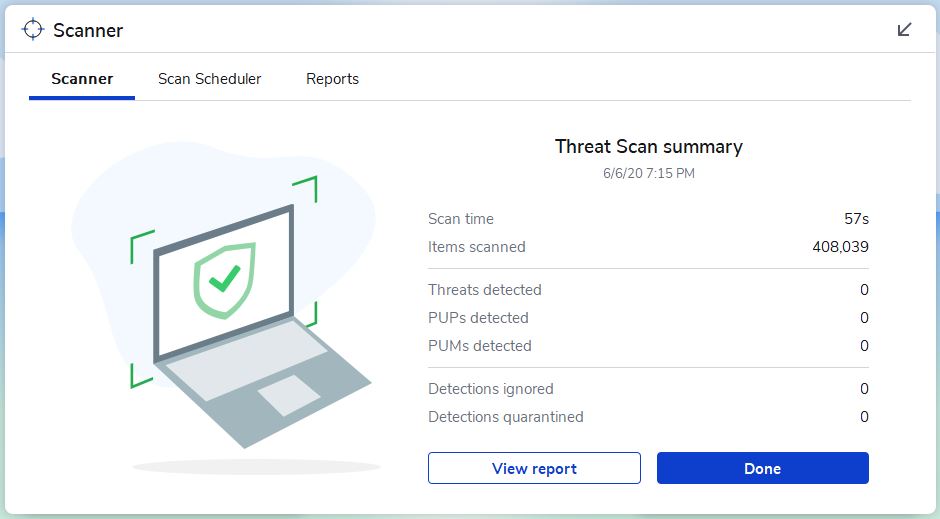At the dawn of the internet age, the term “virus” seemed to encompass all malicious software imposed upon a computer system. Today, all manners of terms are flying around describing these types of programs such as malware, spyware, scareware, ransomware, adware, bloatware and more. So, to clear up some of the confusion, I will explain what many of these terms mean.
- Malware – any software designed with malicious intent which serves as an umbrella term which includes the terms virus, spyware, ransomware, scareware, adware, and more.
- Virus – a malware that, when executed, replicates itself and spreads from host to host within a computer network with, frequently with the intent of providing access to sensitive data.
- Spyware – a malware that captures sensitive data (banking information, credit card info, etc) and typically transmits that data to a perpetrator.
- Adware – a malware that generates unwanted pop-up ads. Some of these applications also monitor your internet usage so they can serve you with targeted advertisements.
- Scareware – a malware that generates pop-up messages or errors, usually with a message stating that hackers have taken over your computer/home network, with the intention of scaring a victim into purchasing a service or application that will remove the threat. Hint, the scareware application is created by the servicer and/or software developer.
- Ransomware – a malware that restricts access to computer system functions or files until the victim purchases a key or service to unlock the system and removed the restriction. Obviously, the ransomware is created by the servicer.
- Bloatware – a software that uses an unnecessarily large amount of system resources like random access memory (RAM) or hard drive space. It is also often used to describe an array of pre-installed applications that come with a new computer. Bloatware is not commonly considered malware and are usually harmless, but can slow your computer. According to Microsoft, a computer without bloatware starts 104% faster, shuts down 35% faster and has more battery life compared to a computer with bloatware.
These are the more prevalent terms used to describe malware and these descriptions will hopefully clear up some of the confusion. Some malware can be a combination of these like a virus that spreads from computer to computer within a network and installs a ransomware to extort money from the victim. Some of these can be very dangerous providing hackers access to your personal banking and/or credit card accounts or executing functions that could erase all of your files. How devastating would it be to have your bank account drained or all of your family photos erased? All of the items listed above use system resources and can drastically reduce the efficiency and speed of your personal computer. That said, everyone would be well served to remove viruses, malware, and bloatware. You might be surprised at the improved responsiveness, even on a new computer.

